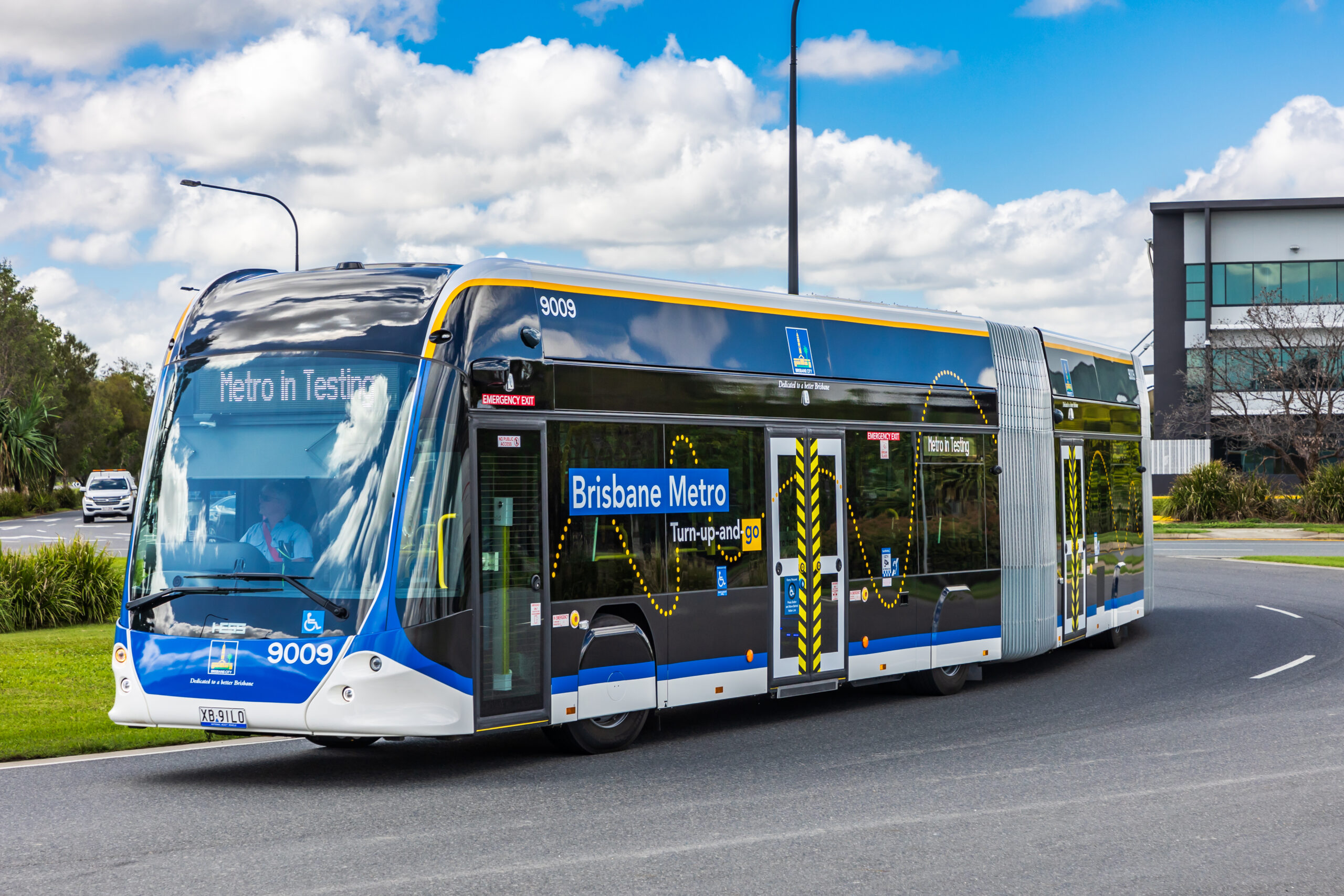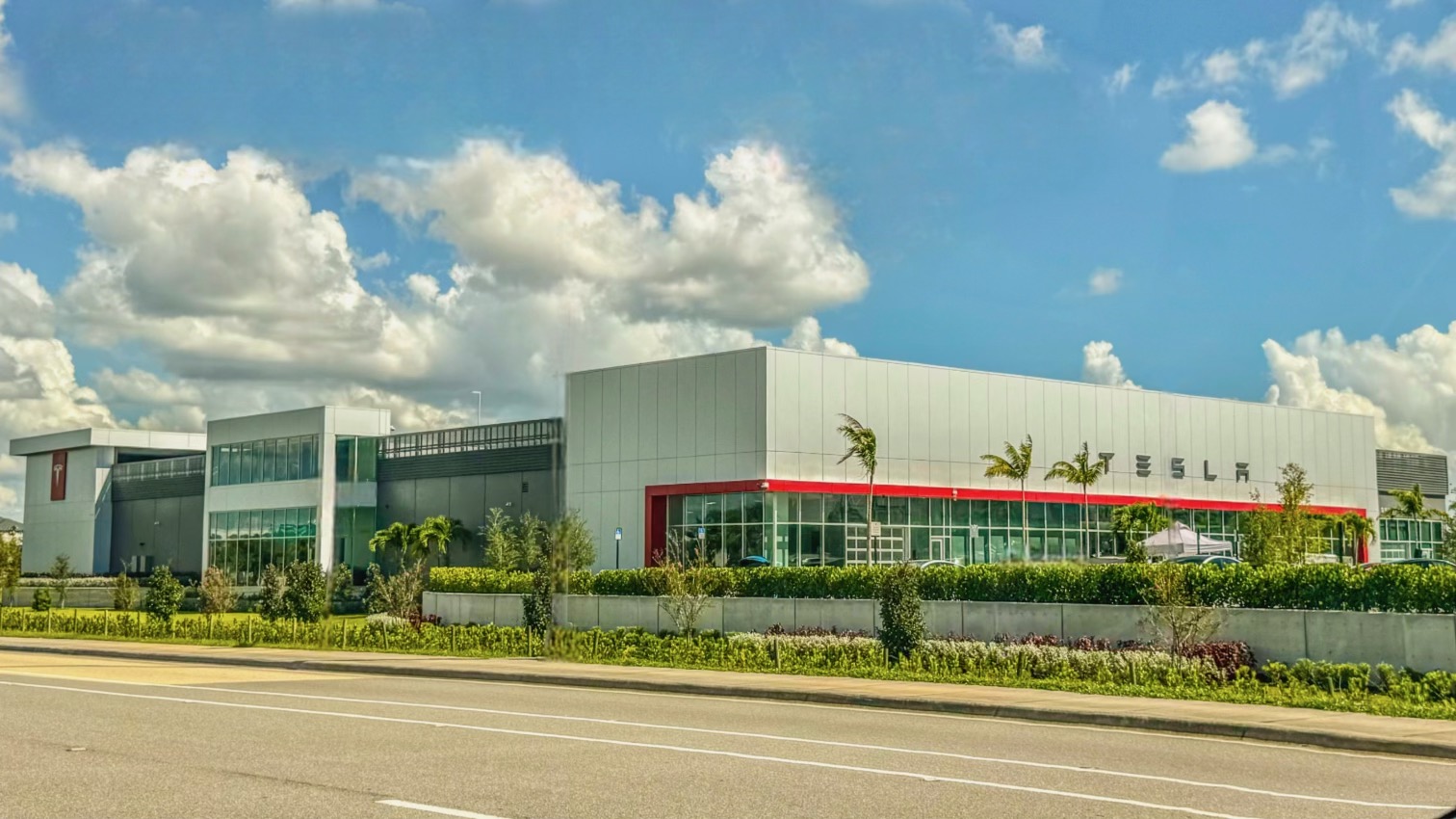Suddenly, everyone is talking about sodium ion batteries. Why? Because China dominates the world market for lithium ion batteries. It controls most of the supply and processing. It also dominates the market for battery components, battery cells, battery packs, and everything else to do with making the batteries for electric transportation and energy storage the world so desperately needs to lower its carbon emissions.
China does not do things by half measures. Go big or go home is its national mindset. Twenty years ago, the Chinese saw an opportunity to corner the lithium ion battery market. Of course, it helped that no one else was interested — until Elon Musk and Tesla burst on the scene with the Model S. During the golden age of globalization, most nations — especially the US — were only too happy to let someone else build stuff, then ship it to them in containers via ocean going ships. That is until Covid came along and upset the free trade apple cart.
Now sodium is getting ready to upend the lithium battery industry and break China’s stranglehold on electric transportation and battery storage. Why? Because it is cheap and abundant. No country has a lock on the supply of sodium. There is just too much of it there for the taking. Even better, sodium ion batteries do not require other materials that are in short supply — like cobalt, manganese, or nickel.
Northvolt Sodium Ion Battery Announcement
We have been hearing reports from China about companies like BYD bringing cars powered by sodium ion batteries to market for months. But on November 21, 2023, Northvolt made a surprise announcement. It said it had developed a best in class sodium ion battery that would allow for the expansion of cost effective and sustainable energy storage systems worldwide. Its sodium ion battery cell has been validated for an energy density of over 160 watt-hours per kilogram at the company’s R&D and industrialization campus, Northvolt Labs, in Västerås, Sweden. The company has recently announced it wii construct a new battery factory in Canada.
Northvolt’s validated cell is more safe, cost-effective, and sustainable than conventional nickel, manganese and cobalt (NMC) or iron phosphate (LFP) chemistries and is produced with minerals such as iron and sodium that are abundant on global markets. It is based on a hard carbon anode and a Prussian White-based cathode, and is free from lithium, nickel, cobalt and graphite. Leveraging a breakthrough in battery design and manufacturing, Northvolt plans to be the first to industrialize Prussian White-based batteries and bring them to commercial markets, the company said in its announcement.
Peter Carlsson, CEO and co-founder of Northvolt, said, “The world has put high hopes on sodium ion, and I’m very pleased to say that we have developed a technology that will enable its widespread deployment to accelerate the energy transition. It’s an important milestone for Northvolt’s market proposition, but battery technology like this is also crucial to reach global sustainability goals by making electrification more cost efficient, sustainable and accessible worldwide.”
The sodium ion technology, which has been developed together with research partner Altris, is intended to provide the foundation for Northvolt’s next-generation energy storage solutions. The low cost and safety at high temperatures make the technology especially attractive for energy storage solutions in upcoming markets including India, the Middle East and Africa.
Locally Sourced Sodium Ion Batteries
Additionally, the technology can be produced with locally sourced materials, providing a unique pathway for developing new regional battery manufacturing capacity entirely independent of traditional battery value chains. In case you are wondering, China is the 800 pound gorilla in the room when it comes to “traditional battery value chains” — especially when it comes to graphite for cathodes. That’s why this announcement is causing big grins and high fives in boardrooms around the world,
Northvolt’s first generation of sodium ion cell is designed primarily for energy storage, with subsequent generations delivering higher energy density opening opportunities to enable cost efficient electric mobility solutions. It represents an ideal complement to Northvolt’s product portfolio, which consists of premium lithium ion battery cells tailored for automotive customers and energy-dense lithium-metal battery technology under development for aviation and high-performance vehicles at Cuberg, a Northvolt company based in San Leandro, USA.
Peter Carlsson added, “Our sodium ion technology delivers the performance required to enable energy storage with longer duration than alternative battery chemistries at a lower cost, thereby opening new pathways to deploying renewable power generation. The potential of sodium ion in this market alone will make a tremendous impact in the drive towards global electrification.”
In an interview with the Financial Times, he said in years to come, inexpensive and abundant battery storage could become a more important business opportunity for Northvolt than making batteries for vehicles. Sodium ion batteries cannot compete in terms of energy density with NMC or LFP batteries but research to improve their performance is on going. He estimated that in 10 years’ time the order book for energy storage could be “as big or potentially bigger than the current portfolio” of batteries for electric vehicles, for which Northvolt has received orders of $55 billion.
BYD Signs Sodium Ion Agreement
While sodium ion batteries have limited applications for the transportation sector, their low price may make them ideal for small, low cost vehicles like the ones that are so popular in China and other Asian countries, On November 18, 2023, BYD announced it will partner with Huaihai Holding Group to jointly build a sodium ion battery factory with an annual capacity of 30 GWh.
According to CnEVPost, FinDreams, BYD’s battery making division, and Huaihai signed a deal on November 18 to build the sodium ion battery factory in Xuzhou, Jiangsu province in eastern China. The project, with a planned total investment of RMB 10 billion ($1.4 billion), will be the world’s largest supplier of sodium battery systems for micro cars, according to the companies.
It’s the latest development in BYD’s partnership with Huaihai, which signed a strategic cooperation agreement on June 8 to set up a joint venture to build a sodium-ion battery production base in the Xuzhou Economic and Technological Development Zone. Huaihai will provide its resources including marketing and application scenarios, and FinDreams will provide products and services. According to He Long, CEO of the BYD battery unit, sodium ion battery technology is maturing and has broad market prospects.
A year ago, there were rumors BYD would use sodium ion batteries in the Seagull, a suggestion that was hotly denied by the company. None of those rumors have been confirmed, however, and BYD has not announced that it has begun to install sodium ion batteries in any of its models.
CnEVPost points out that lithium carbonate prices have fallen sharply over the past year and could be potentially holding back the development of sodium ion batteries by diminishing their cost advantage significantly. That may be a crucial consideration in the Chinese market, but for Northvolt and others, breaking free of the Chinese dominance of the battery supply chain may be more important than the cost of raw materials.
The Takeaway
Wehave said many times that the batteries rhat will power our vehicles ten years from now have yet to be invented. There is a lot of hand wringing and wailing that the EV revolution is over and that people are turning their backs on electric cars, Horse puckey. The EV revolution has just begun. It may move forward in fits and starts but move forward it will. Announcements like those from Northvolt and BYD will be happening regularly as the EV and battery storage revolutions gather strength.




